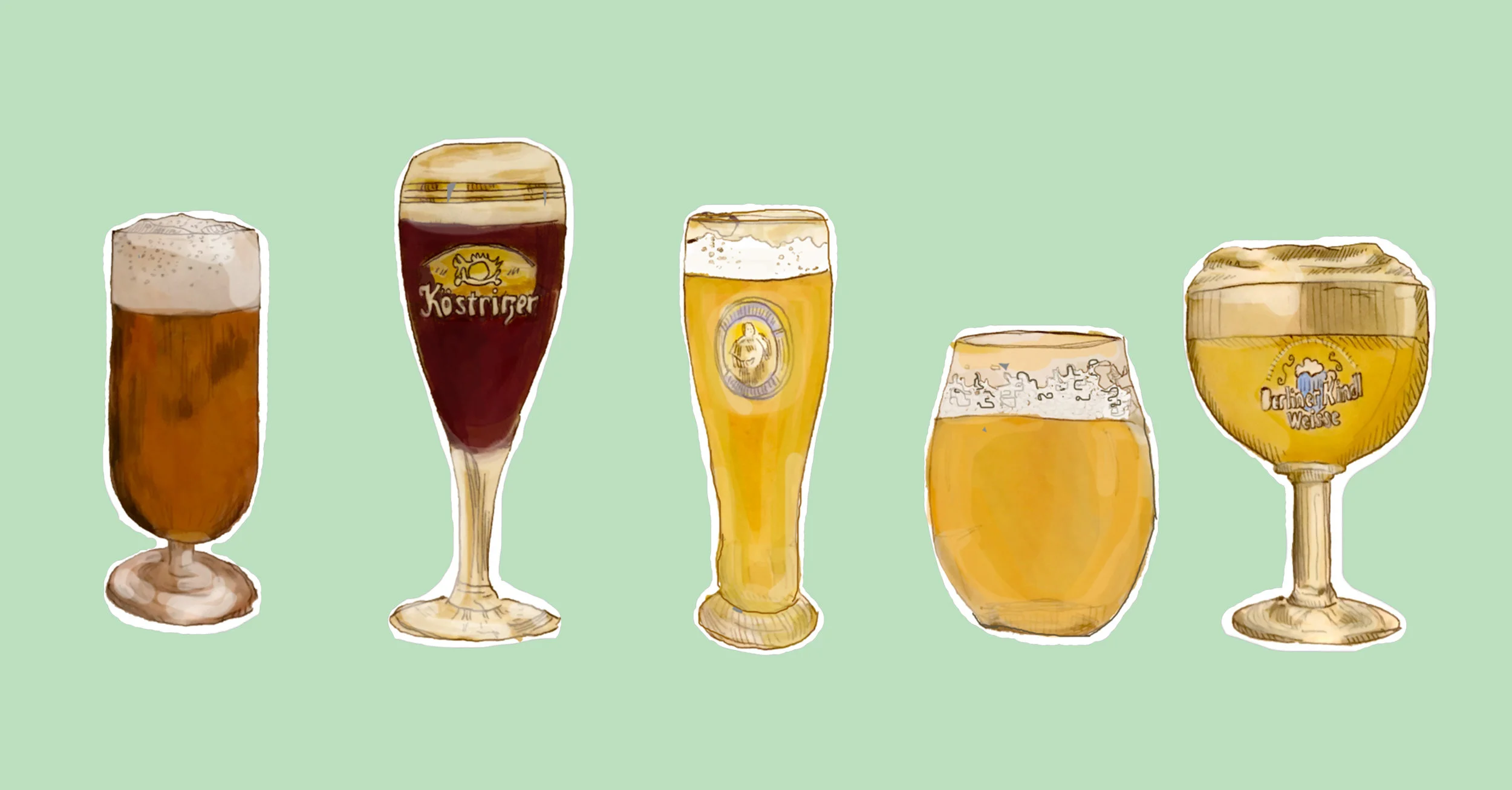SO VERY BIERERNST
In honor of Oktoberfest, here’s a little history lesson on German beer. Prost!
In one form or another, the Reinheitsgebot (or beer purity law) has existed throughout the area now known as Germany for centuries. The oldest evidence of it comes from 1156, when Germany was not yet a unified country. The city of Augsburg passed a decree that any beer deemed poor quality would be destroyed or given to the poor free of charge. The law was reinstated by Duke Wilhelm IV of Bavaria in 1516, and in 1906 it was officially put into place across the entirety of the German Empire through an Imperial Act under Kaiser Wilhelm II.
Oddly enough, it wasn’t until 1918 that it obtained its moniker Reinheitsgebot, coined by Bavarian Parliament member Hans Rauch during a particularly impassioned debate about taxes. Before it had simply been called a surrogatverbot, which roughly means surrogate ban. Considered by many to be the world’s first consumer protection law, it states “no other items be used for beer than barley, hops, and water”. In addition to banning additives, the law also regulated prices depending on the area’s wealth. The reasoning was twofold, to keep people from getting sick from less than respectable brewers, as well as keep the price of other grains low so bakers could afford to make bread and the citizens could afford to buy it. The law was amended twice, once around 1800 to include yeast after its discovery in the fermentation process, and again in 1919 when they decided to allow malted wheat which is used in the popular Hefeweizen and Dunkelweizen styles.
As with so many laws, the Reinheitsgebot is not without controversy. Some brewers and beer lovers alike believe it to be stifling their creativity, the diversity of products, and growth in the industry. As it stands, to be able to sell a beer that has any ingredients in it other than those five stated above, one has to apply for an exception permit or call the drink produced something other than beer. A popular choice for brewers not willing to risk rejection or having a style shut down is to call it a “mixed beer beverage”. This rule applies from beers like coffee stouts to cardamom spiced ales and anything in between, bringing many to ask if the rule is still protecting consumers or simply protecting big businesses who are generally less willing to take risks and produce more uniform beers in larger batches. Regardless of politics, the Reinheitsgebot has lasted 500 years and doesn’t seem to be going anywhere soon.
–Heather Clark, illustrations by Liv Garber


